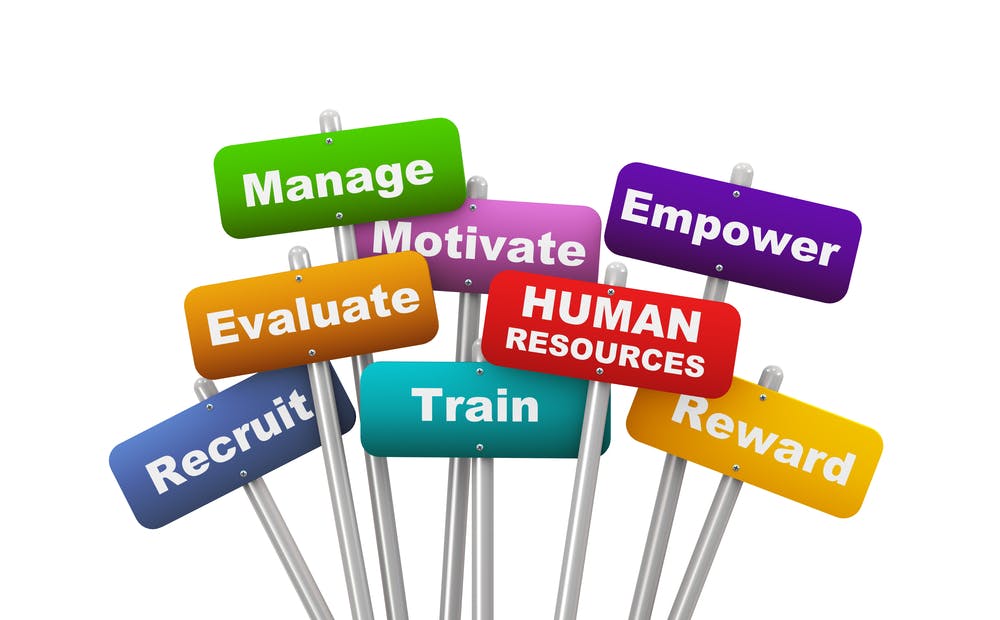One of the most exciting parts of my job is traveling the country meeting sharp young professionals who are passionate about careers in…wait for it…human resources.
No, that’s not a joke. HR is inexorably entering a new golden era. It’s about time: Global CEOs acknowledge the importance HR should have, consistently identifying “human capital” – hiring and keeping talented people – as their No. 1 business challenge, but rank HR as only the 8th or 9th most important department in their companies, according to separate studies by McKinsey and The Conference Board.
This makes no sense. How can a department tasked with identifying, recruiting, engaging, rewarding, and retaining top talent – the people who determine a company’s success or failure – rank only 8th or 9th in importance?
Fortunately, all this is changing. HR, done right, is emerging as a cool career choice for people dedicated to contributing to organizational success by maximizing the contribution of talent. The fresh faces I see in HR departments believe that HR, done right, fills companies with happy, productive, creatively engaged employees who organically become the organization’s best marketers. The Fortune “100 Best Places to Work” – 100 places where HR is being done right – routinely outstrip their industries in revenue by more than 20%.
Forget being the starchy Rules Police of old. Thanks to new HR perspectives and new HR performance management operating systems, HR is now the key engine empowering employees to get better at their jobs, reach higher to do things they’ve always wanted to do, improve leadership and management skills, make work and career more meaningful, and earn more while increasing professional passion and satisfaction. HR done right provides crucial support and direction at a time when, according to HR guru Josh Bersin, two-thirds of workers report being overwhelmed by the demands of modern work culture.
HR done right: what does it look like?
HR done right must be built on the cultural essence of an organization, focusing on the opportunity companies offer their employees to do something larger than a particular job. Amidst over-generalized misinformation about millennials, one thing is undeniably true: millennials – soon to represent 75% of the workforce on a global basis – are looking beyond a job to build something bigger. HR done right offers – and delivers – something bigger.
HR mission is broadening
The new breed of HR professional understands the borders between HR and public relations and marketing are fading. All these functions must work together to build a company’s employer brand sustainably, over time. HR doesn’t stop at recruiting or orientation or benefits, it’s a broad, ongoing process that helps a company align its people with the organization’s purpose, mission, and vision.
With talent the prime competitive differentiator, employees now run companies. HR must lead in assuring a company understands and embraces the implications of a truly empowered workforce, beginning with the creation and maintenance of an employee-centric culture that features continuous, high-quality engagement from before day one.
After generations of being walled off from the “real business,” HR must now take the lead in aligning the needs of the business with the people tasked with making it happen. HR done right forms strong partnerships with business managers and with employees, connecting and reconciling the needs and expectations of both groups. To cite just one example, partnerships with business leaders and employees allow HR to upgrade the recruiting process, telling the world clearly what the organization is really looking for in candidates, and what it’s offering in forms of personal growth and career-building that actually matter to prime candidates.
HR is the CMO of the employer brand
The new breed of HR professional understands: HR is the CMO of its organization’s employer brand. And like the best CMOs, HR done-right practitioners use new digital solutions to measure incessantly and adjust continuously.
Measure to identify the most successful recruiting channels and teams, the most engaging onboarding process, the most rewarding career management programs, the most effective ways to create a great workplace experience that boosts productivity and generates spontaneous employee social marketing.
After measuring comes adjustment: Train teams that aren’t meshing well. Train managers (managers have obedient employees) to become leaders (leaders have loyal followers) by teaching them to come from the heart and the head, not the head alone.
The bottom line
As the “people center” of a company whose success depends on people, HR should lead on many fronts – establishing the company as the employer of choice, filling the organization’s ranks with the strongest talent, driving revenue, and working in partnership with business leaders and employees to turn every employee into an enthusiastic, committed marketer.
Admittedly, HR has many challenges to meet before it emerges as the powerful strategic force it must become. Change of this magnitude is not swift or easy. But as someone fighting to establish HR as a full business player, I’m encouraged by the fresh crop of HR professionals I meet at company after company. When I recently asked a gung-ho young recruiter at a global media company why she chose a career in HR, she answered, “Because if you want to make a difference, HR is where the action is.” Amen.
